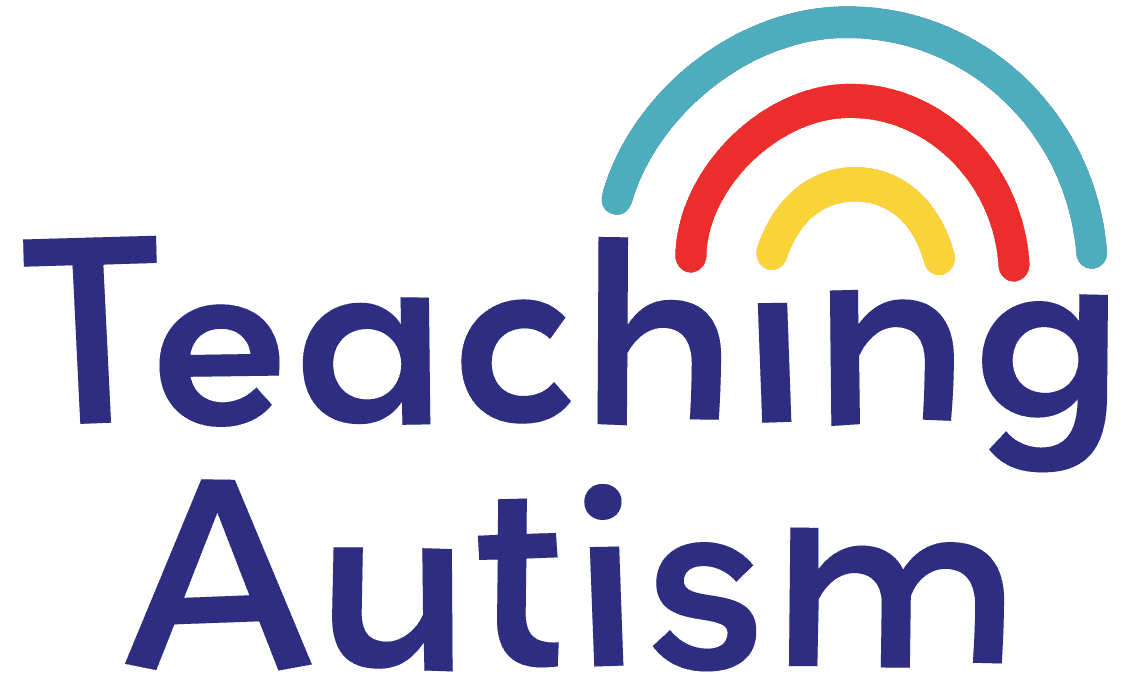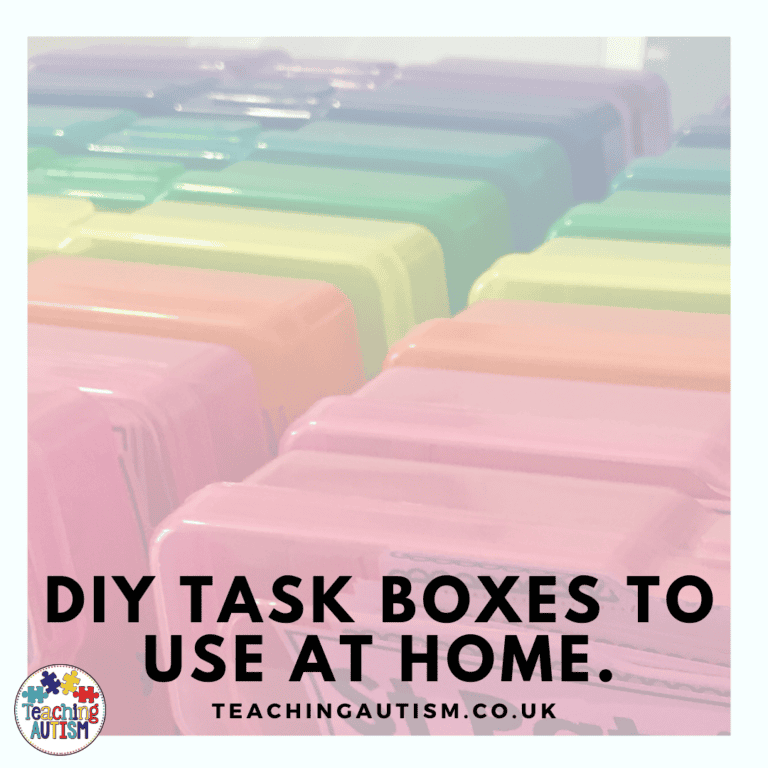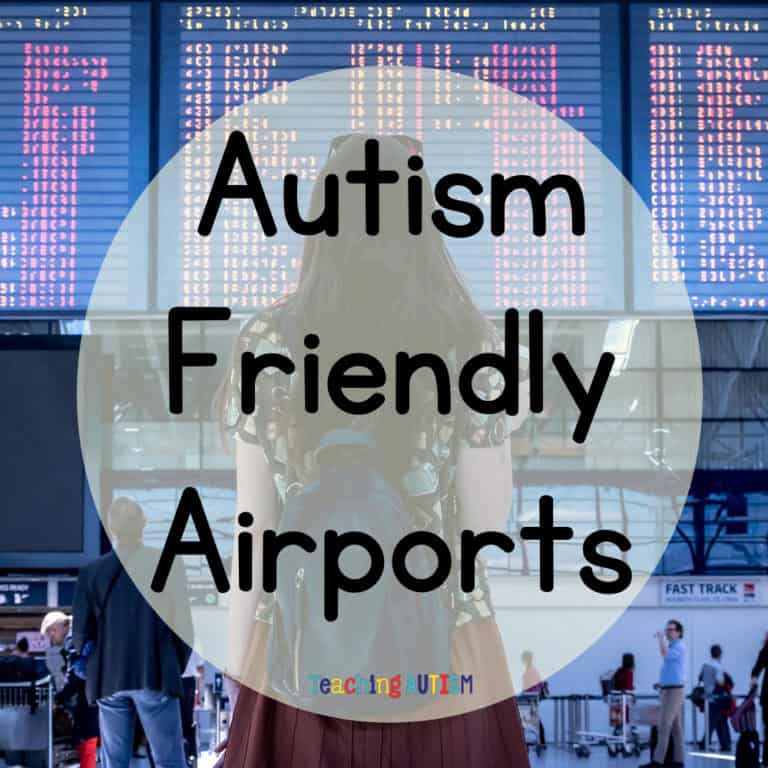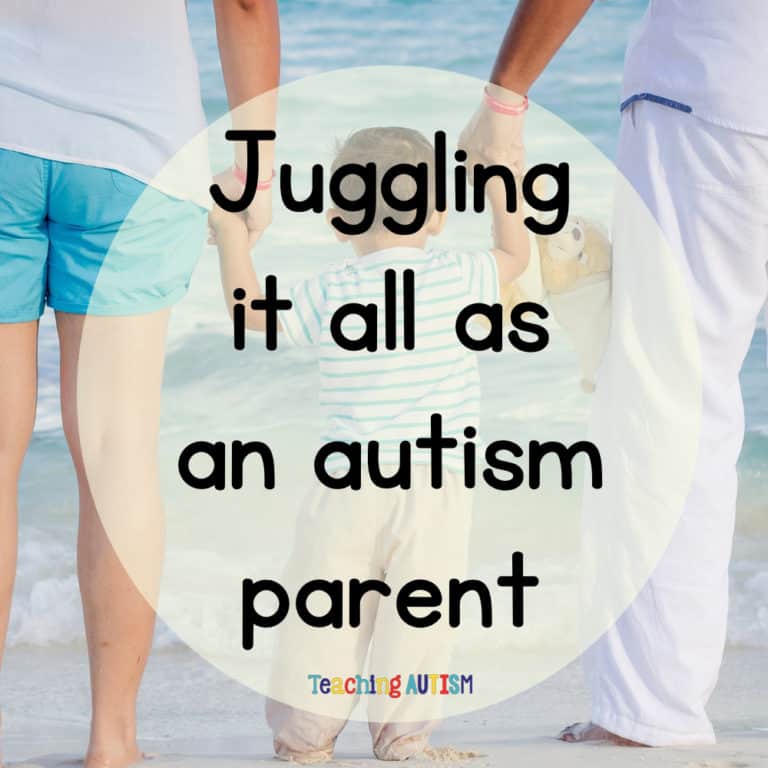Advice for the Parent of a Newly Diagnosed Child
Going through a diagnosis progress for your child, can take it’s toll on anyone. Sometimes, this process drains you so much – without you realising – that when you do get a diagnosis, you’re a mixture of emotions. So, we got together with a group of parents with diagnosed children to discuss what top 10 pieces of advice they would give to you once you’ve received a diagnosis for your child. We’re delighted to share them with you below.
The diagnosis will not change your child.
Sure, that diagnosis may have been a long time coming, and you may feel a range of emotions now that you have it. But, the diagnosis does not define your child. It does not change anything about them. It does, however, open up a range of new services and support that you can have access to.
Let your child tell you/show you who they are.
Professionals, family members, friends, and even doctors, may tell you what your child may or may not be able to achieve. Take this with a pinch of salt. Every child with autism is different, and just because something says they may not be able to achieve it – doesn’t mean that they won’t achieve it. Let your child show you who they are, let them surprise you each and every time they do something.
Get organised.
Many families mentioned to us that there were endless amounts of paperwork, and when it was needed they could never find it. One of the biggest suggestions were to get a large binder, straight away, and keep everything inside it – diagnosis, doctor appointments, medications, observations – everything. You never know when you might need something.
Everything will be ok, it will just be harder than you first thought.
This was one of the nicest pieces of advice that we came across. The lovely lady who told us this, said that one of the hardest parts after having the diagnosis, was thinking that was it. But, she soon started to do research, follow autism blogs and other families and realised – everything will be ok. Everything will just be a lot harder than she thought.
Patience.
You’re going to need a lot of this. You’re going to need more patience than you ever think you’ll be able to give. Sometimes, you may think that you have no patience left – but it’s ok, because you will. Because your beautiful child needs you, and you know this. And looking at them, with all the love in your heart, you know you have that extra bit of patience.
Pick. Your. Battles.
This is going to be lifelong – even in education, after all our years of experience, we still pick our battles. Something may be worth working with your child on, but other things, you’ll soon come to realise that they just won’t be worth the energy you’re giving to them. Also, pay close attention and you’ll start to learn the difference between tantrums and meltdowns. Don’t let them have reactions all the time, for both, because that sweet little 4 year old, will soon become a big teenager, and you have to set boundaries for this from a young age.
Tomorrow is a new day.
In this adventure that you have been handed, always remember that tomorrow is a new day. You’re going to have days that are amazing, that are out of this world, that have you beaming with happiness, love and pride. But as with everything in life, with the good comes the bad. And some days, you’re going to have bad days. Other days, you may think you’re having the worst day ever. You may feel like you can’t do it anymore, like you’re lost and don’t know what to do. Sit back, breathe, count to yourself and just remember – tomorrow is a new day. A new day to start again, start fresh, try something new, and take it as it comes.
It’s ok to cry.
So many of us think that we don’t deserve to cry, or are too ashamed to cry. But, in reality, it’s ok to cry. You can cry every night, you can cry once a week, you can cry all day long, so long as it helps and gives you that release that you need. Then, once it’s out of your system, find your support system. Find someone you can cry to – or even with. Find someone who will help you through this journey, who will be there to support you.
Take time for yourself.
I meet so many wonderful families, who don’t feel that they can take time for themselves. Or, who feel that they just physically can’t because of the guilt they will feel of leaving their child. There’s one thing that we always say to our families “You can’t pour from an empty cup” – and please, if nothing else, always remember these words. Autism can be hard for everyone – the individual, their family, those around them. But, as the years go by, you’ll start to find ways to help and support them. As with every child, leaving them is always hard, especially when they are young. Who to leave them with? What will they do? What will you do? Start from a young age to get the child used to you not being there for a couple of hours – or even a night. This path may put a strain on families and relationships, so if you can have just a few hours a week to bond and have time together, this will really help. You don’t even have to go anywhere or do anything – you can just have a meal at home, or just some time together at home, go out for a meal. Anything that will help you take some time for yourself.
And finally, love them.
Love them with all your heart, with every part of your body – because you will. They’re your baby – and they always will be. Your child loves you, unconditionally, and although you may have days where you think this isn’t true – it is. I remember one parent saying “I’ll never hear him say ‘I love you’” and they were heartbroken, because their child was non-verbal and they just wanted to hear those 3 words. We asked them “But, do they SHOW you they love you in other ways?” and as the parents sat and thought about it, they smiled. Because their child DOES show them that they love them, just because they can’t say it, doesn’t mean they don’t feel it. Sometimes you have to take an outside glance and look at the other signs that they are giving you. They love you. And you love them.







